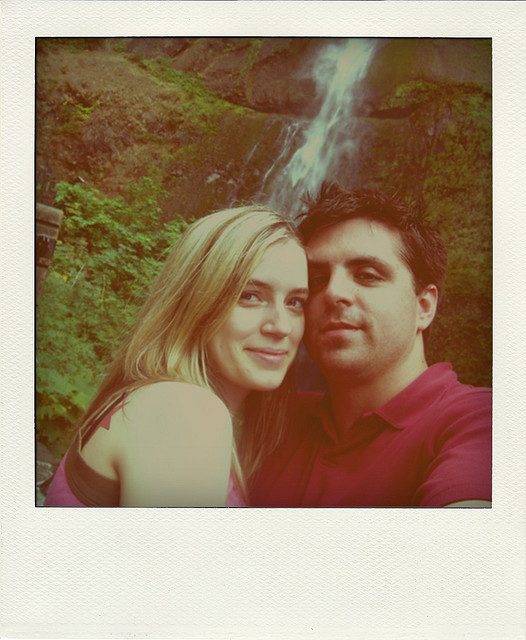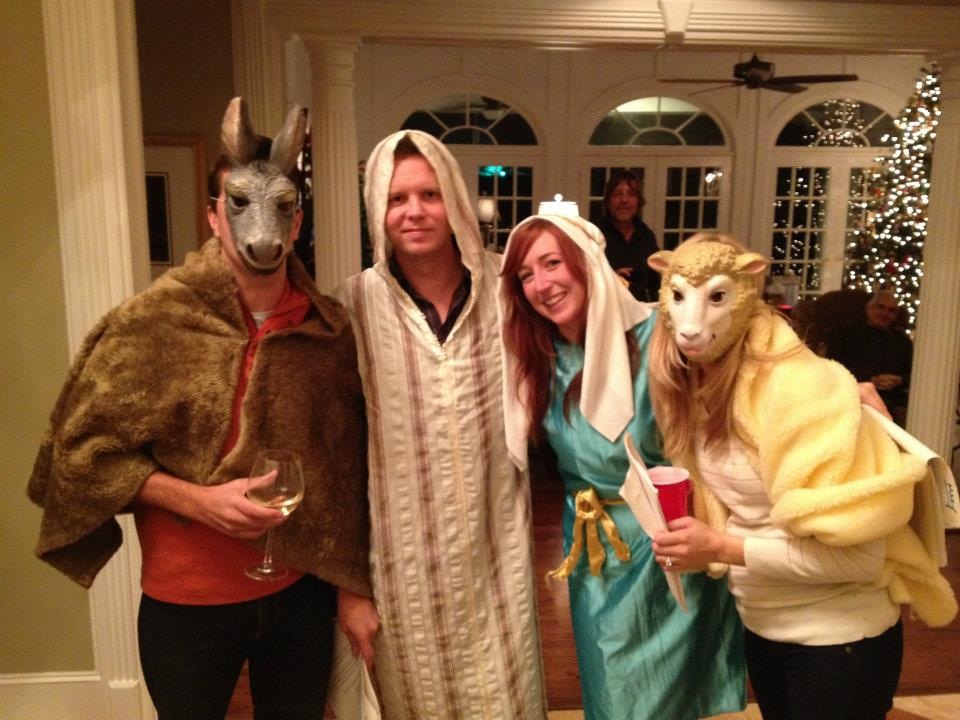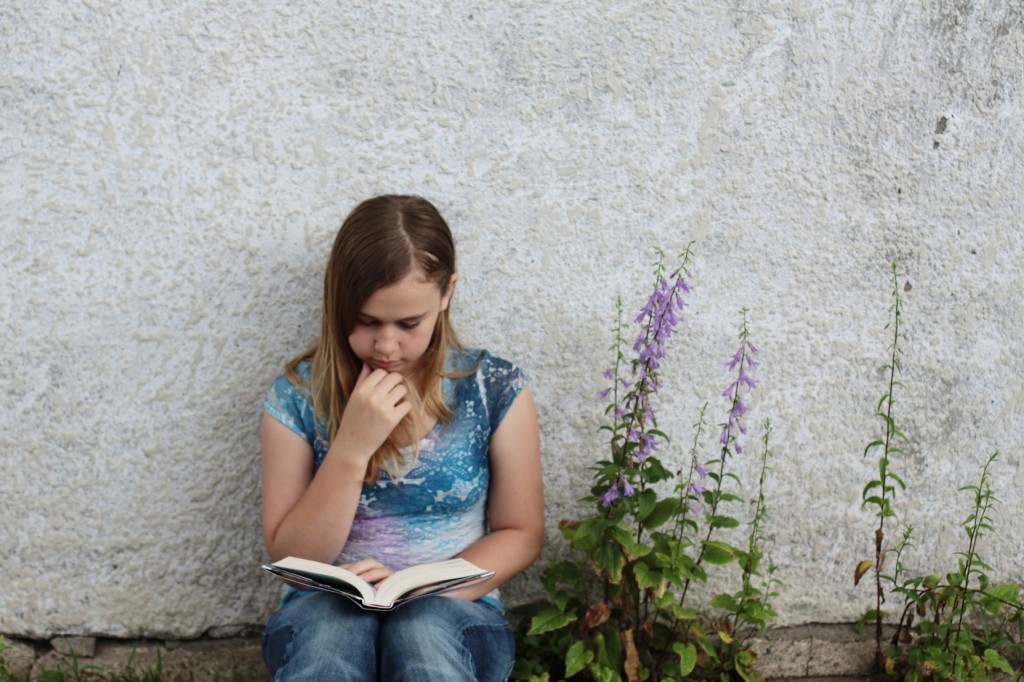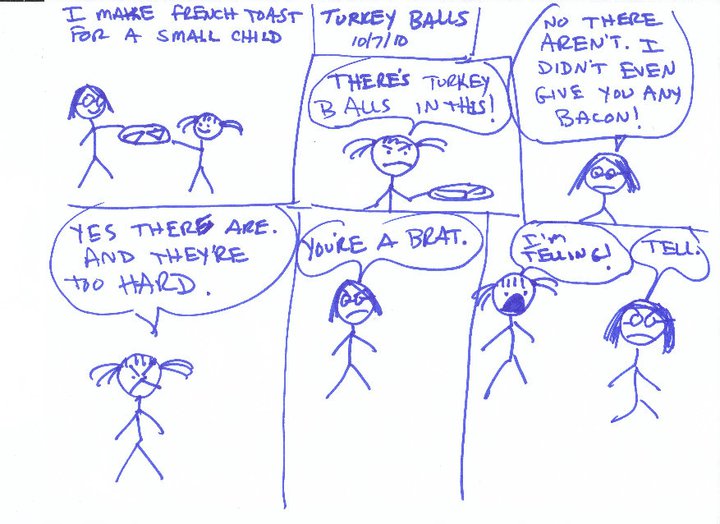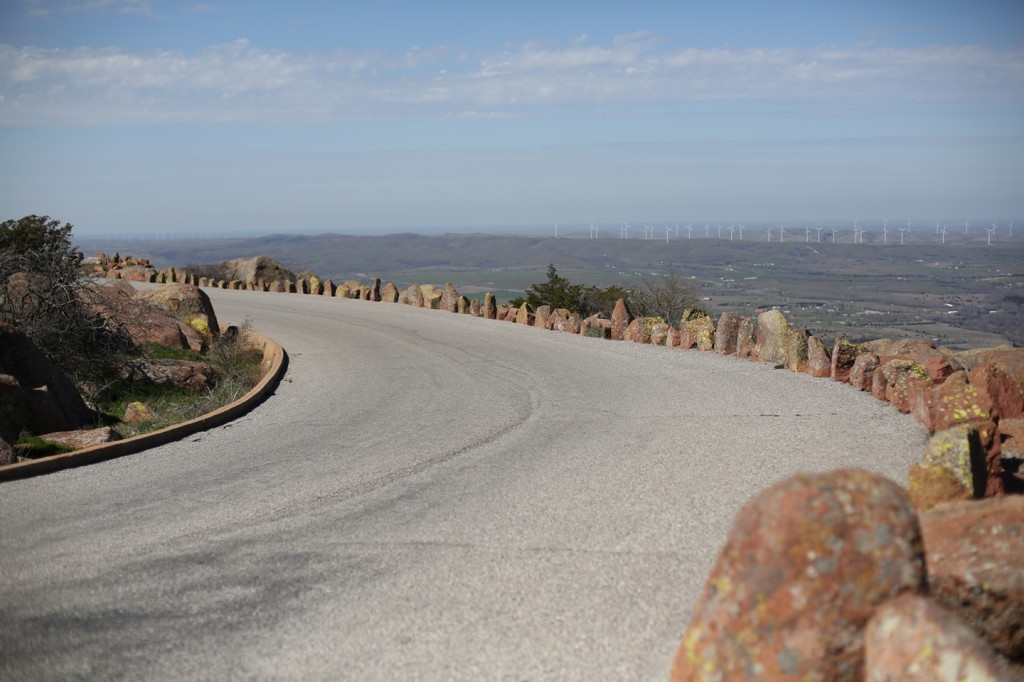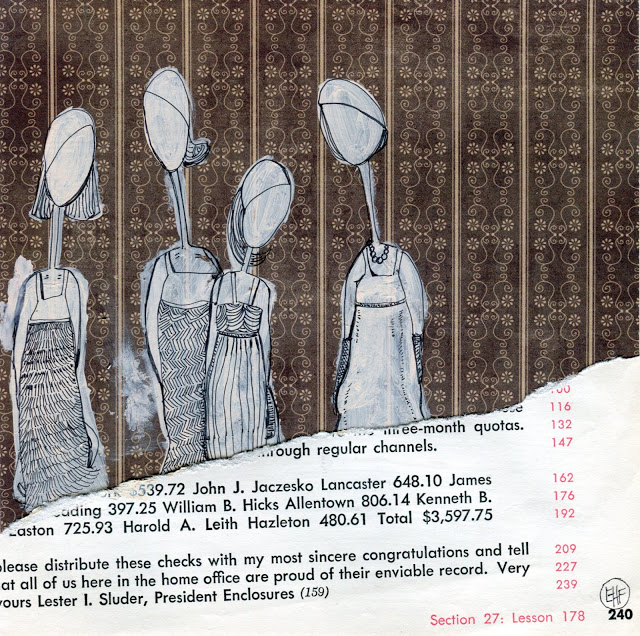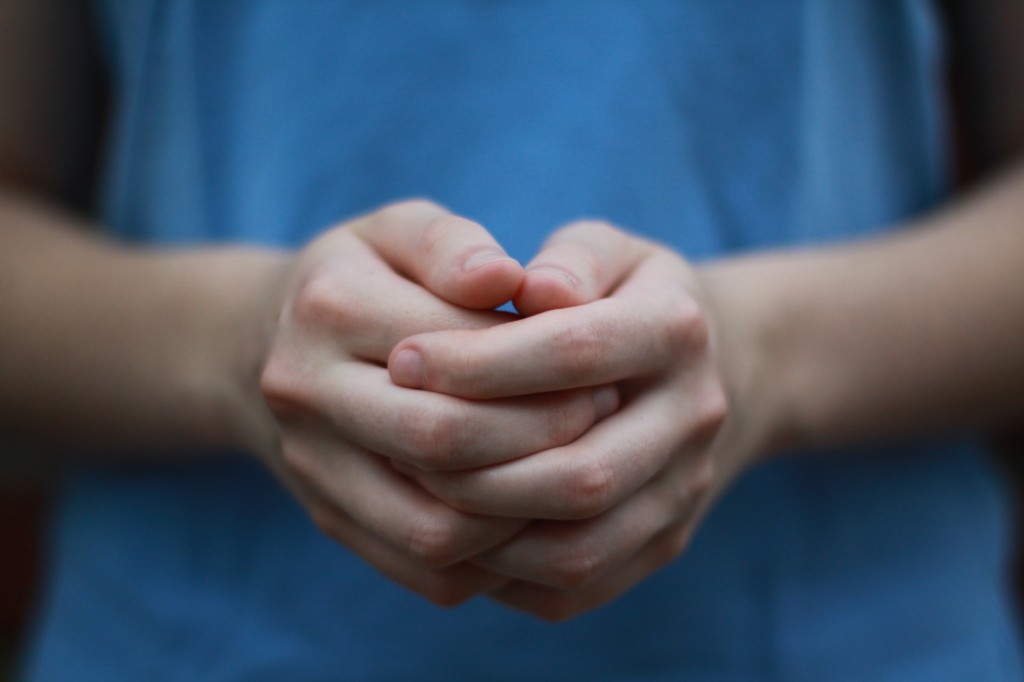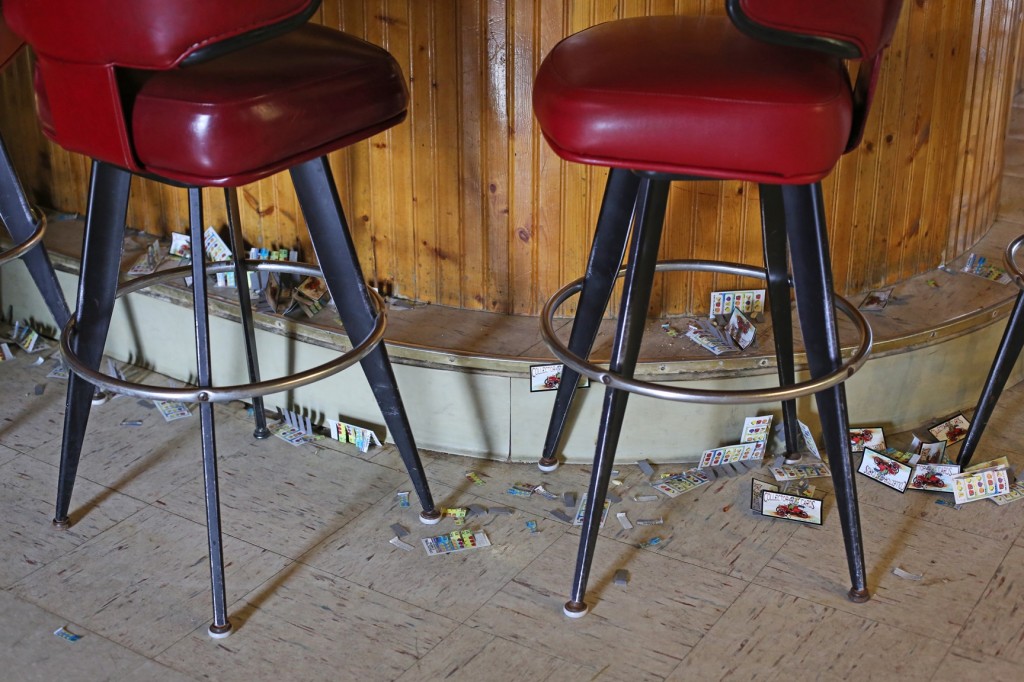
By Jill Talbot
When I was in second grade, my teacher, Mrs. Croft, had us write an autobiography. She told us to add our address at the bottom, then roll it up, and tie it to a red balloon. That way, she said, someone might find it and write back. After lunch, we walked out to the large field by the school with our balloons in hand. At Mrs. Croft’s count of three, we let them go. I can still see those red balloons floating up and away. I watched mine until I could no longer see it in the sky.
•••
Thirty years later, I entered a rehabilitation facility outside Salt Lake City, Utah. We called it The Ridge. After a four-day medical detox that turned most of us into sleeping lumps beneath blankets in dark rooms, our first task was to write our autobiography detailing how we got there. The autobiographies were our way of coming clean, so to speak. They told us that if we didn’t work through whatever instigated our addiction, we’d go right back to the bottle, the pipe, the pills. They called it “cognitive therapy”: Read and Write Your Way to a Sober New You. To most of the people in The Ridge, a writing assignment was punishment, so it came with a privilege: to go outside. This was enough motivation for most, as the only chance we had to step outside was during the two thirty minute breaks we got between meetings that began every day at 7:15 a.m. and lasted until 9:00 p.m. And even then we were supervised.
I had been writing and publishing essays for years and even had a job at a university in the southern part of the state teaching students how to write them, but it wasn’t until I went to The Ridge that I learned to stop hiding behind my own lies.
Since we were separated into groups by counselor, I didn’t get to hear everyone’s autobiographies, so in the evenings, I’d sit on one of the couches in the TV lounge and read the ones I’d missed. It was like being in a workshop, but one in which no one thought about the writing. The words were confessing. The words were admitting. And it made the writing immediate, raw, real. Years later, I’d teach an introductory course in the personal essay to a class of science majors who, until that class, didn’t know the genre existed. Their writing reminded me of those rehab essays—the lack of self-consciousness, the art they had no idea they were creating.
•••
No one in that place but me and one other guy had been to college. I don’t count a college dean because she only lasted two days. Maybe she was too ashamed to stay. Maybe she couldn’t do without her Vicodin. Most of the patients were railroad workers, farmers, or affluent, bored wives. Most had no job at all—the booze or the crystal meth made sure of that. The only patients who read on a regular basis were me and a twenty-two-year-old bartender.
The bartender woke up in the hospital and was told that he had passed out with a gun in his hand, a plan voided by a pint of vodka. Lanky, dark-hair, droopy brown eyes, now he’d be described as James Franco-esque, but then, he was the guy who liked to read. David Sedaris, Chuck Palahniuk, James Frey. He’d finish one, bring it down to my room. The small lounge across from the nurse’s station had a bookcase, loosely filled with mostly self-help and Michael Crichton, John Grisham, and one surprising Joyce Carol Oates, so his girlfriend brought our requested copies twice a week: Cormac McCarthy, Richard Brautigan, Raymond Carver’s Where I’m Calling From, because we both appreciated irony.
But we were there to write our own stories, detail every last drunk and destruction, the damages that had led us to the same exact spot, even on the same day, when we’d sat on a bench in early December, me drunk, him discharged from the hospital. That day, I’d stepped behind a glass door, then turned back once more in hopes that I could be let out, that it was all someone else’s narrative. He’d been locked up behind a steel door after his shoelaces and the string inside the waistband had been confiscated. His drinking had come on fast, his reluctance toward his intellect its trigger, his final insistence on an artistic portrait of the disgruntled young man, a bottle of vodka, and a gun stolen from behind the bar. He’d woken up angry, embarrassed, feeling like he was living the life he had failed to end.
The last I heard, he went back to the bar for the afternoon shift, hoping, like some guy out of Hemingway story, that it wouldn’t be as hard in the daylight.
•••
One of the meth addicts had become so paranoid he moved into his workshop behind his house. He’d peek through the blinds, watching his wife and two teenage sons as they came and went from the grocery store, school. Then he had watched them move out.
•••
My counselor’s last words to me on the day I checked out: “You don’t have to be Hemingway to be a writer. You don’t have to be drunk or be sad.”
•••
They’d often tell us that the sobriety rate for people leaving rehab was ten percent, so that out of the thirty or so of us in there at any given time, three would stay sober. The rest of us would go back to drinking or drugs, or we would eventually develop some cross addiction. If we had been drinkers, we might turn to pills. Or pills might be replaced by cocaine. Cocaine by booze. It’s a trick addicts play on themselves, they’d say, kicking a habit while forming a new one. They’d also warn that if we kept doing what we had been doing, we’d be dead. Some of us soon, because we had already done so much damage that “one more drink” would be too many.
What I had been doing was drinking Chardonnay, as early as ten in the morning on some days and as late as three in the morning some nights. I had loved a man for years who suddenly left me, who left our daughter, Indie, when she was four and a half months old. He abandoned us. But I abandoned us, too. I drank myself away from Indie, from myself, from the life she and I had together.
•••
A blackjack dealer had worked downtown Las Vegas at the Four Queens during its opening years, her cans of Bud and a Camel as quick as the cards. The doctors said her liver was in pieces, shards, really.
Most of the time, she slept in her room, a vaporizer belching loudly beside her bed at all hours, her door propped open, the room dark even in the day, her frailty a shadow beneath intricate afghans and a green sleeping bag. She wasn’t strong enough to walk, so we took turns bringing her meals on trays or holding her arm as she shuffled to the TV room. Once, someone found her on the smoking patio, her fingers fumbling to light a cigarette. Such futility, no more damage to be done. She was not well enough to attend sessions on schedule, and when she did, her head lolled to the side in sleep, her body bundled in that purple robe. She never wrote her autobiography. Either she couldn’t remember it or it didn’t matter anymore. When the coughs smothered her, we’d all look down at the floor or our notebooks, offering her the only form of privacy possible in a circle of people who saw her as a cautionary tale. At sixty, she looked eighty. Her raspiness, her weightlessness an ugly whisper from a fast life that not one of us envied.
She had been there at the beginning, she said, one of the invisibles shuffling blind under the blinks of the casino lights. “I kept a can of Bud right there at the table,” she told me once. We regretted it for her, all of it.
The last I heard, her husband showed up, belligerent, demanding to know just how long she had been there before taking her home.
•••
Being locked up in the rooms of a rehab facility for twenty-eight days, certain phrases got repeated until they were just noise, a skipping record: “Fake it ’til you make it.” “It works if you work it.” “Work as hard for your recovery as you did for your addiction.” “You’re only as sick as your secrets.” The head counselor’s favorite: “Don’t sympathize. Empathize.” He’d explain, at least once a day, that when people read their autobiographies or shared in a meeting, we were not to feel sorry for the person. We were to understand, to share the experience, to not distance ourselves with pity. The stories we heard were ours. Or they would be if we weren’t careful.
•••
A man checked out. He showed up two days later on the bench by the nurse’s station. He had been badly beaten, or worse. Someone whispered about a liter of whiskey, a night in the ER, but we never got to ask him. They locked him up in the psych ward.
One guy who left The Ridge on the day I arrived hung himself a week later.
For my roommate, it took only two days before a bender ended with a mess of police cars in the front yard of her Park City home. Before The Ridge, she had done two stints at Betty Ford.
One man died within a month. Sober. He died from all the drinking he had already done.
One man disappeared.
I went back to the university where I had been teaching and made it to the end of the spring semester before I drove to the next town, got a hotel room, then spent the rest of the evening at the bar, convinced that if I didn’t drink at home it didn’t count. It wasn’t a cross addiction; it was cross location. It was fucked up.
•••
One of the railroad men had snorted coke on the long runs in the middle of the night. He chewed on plastic flossers during meetings and wore a University of Texas baseball cap backwards, even though he was fifty.
One night, I sat with him alone in the room where we usually played Scattergories. The room had one window, an elongated table, worn plastic chairs, a closet with extra blankets and plastic sheets. He was stuck at Step 1, the autobiography phase, staring for weeks at a blank page and a pen that would not take his disappointment, the guilt. So I sat across from him and asked questions about his ex-wife, the worst nights, their recent phone exchanges, and I wrote it all down. I asked until he had no more answers, so I started writing the questions then pushed the yellow legal pad across the table. I ducked out of the room, leaving him to stare at the vocabulary of his failings.
He claimed to be friends with a famous author, a woman who, according to him, had a framed picture of his chest x-ray prominently displayed in her living room next to a couple of hanging plants. He liked to draw spirals on the pages of my notebook during meetings. Once, during a session on dream analysis, he told about standing in the middle of a diving board. The psychiatrist on staff preferred Jung and told him that the board was an archetypal symbol of both risk and abandon. After we both left, we spoke on the phone once, me in my kitchen in Utah, he on his cell phone on a rail car somewhere across Oregon. The last I heard was his message on my voice mail: “I’m going to die here, but not before I see you first.”
•••
A train track ran adjacent to the hospital. I’d stand on that porch, watching the lights of the passing cars, and think about scaling the wall and hopping one. One night during a smoke break, one of the psychiatrists came out to the patio looking for me. He said he wanted to meet the Ph.D. who drank a gallon of wine every night. “You,” he said, slapping my back, “are a legend.” I said thank you, crushed out my cigarette, and walked back inside.
•••
Every morning after breakfast, we’d line up at the nurses’ station for our meds and blood pressure check. In the afternoon, we’d do it again. The girl who cut herself was on an antipsychotic drug. The hay farmer cussed and called everyone a “yahoo” before they took him off Prozac. After a weekend pass to visit her son at home, my roommate returned sedate and peaceful, nothing like the weeping, neurotic beauty she had been in the three weeks I knew her. Once when she was out of the room, I opened the top drawer of her nightstand and found three pill bottles and a cell phone. Contraband. I kept her secret and allowed the counselors to believe “she finally got it.” One woman was on something that made her so drowsy she couldn’t stay awake during meetings, which was a rule breaker. And the nineteen-year-old who had been sleeping in the backs of cars on the streets of Salt Lake City tried to charm the staff into giving him “something more.” I stepped up to the window and looked down at the tray. The nurse held a white cup with two red capsules. I asked if I could stop taking them. She said she’d bring it up at the staff meeting. “Not a chance,” my counselor told me.
•••
“All of us,” Montaigne wrote, “have within us the entire human condition.” At The Ridge, they called them “autobiographies.” Montaigne called them essais. In other words, attempts. Sit down and write how you got here. Try to figure it out.
•••
I don’t remember if any of the students in Mrs. Croft’s 1977 second grade class ever received a letter from our balloon assignment. The balloons probably ended up popped or wilted, found by a stranger who had no idea that there had been words. Most likely in the panhandle of West Texas, they drifted into the middle of some field where the blades of a tractor shredded them. I kept all the pages I wrote from rehab. The fourteen pages of my autobiography, front and back, the notebook pages framed in spirals, and the pages from the Vietnam Vet.
He had worked the rail yards in Portland for seventeen years. He was heavyset, always in jeans and a shirt that struggled around his middle. When he sat down, he’d pull at it, this way and that, trying to get comfortable. He had gotten sober before and it stuck for thirteen years until he took some “stuff that blew his head off.” He often fell into coughing fits during meetings and had to step outside for a drink of water, which was also against the rules. He’d shuffle back in, apologize, shake his head at his inability to get through an hour without breaking down. He had dropped out of school. Listening to him read was like watching a man dare the frail of a rope bridge.
On one of the last days he was there, he came to the door of the TV lounge and asked if I’d help him with something. We went out to the smoking porch where he pulled out a form and asked me to write down what he told me. He pointed to the four lines provided beneath the section: Addiction History. “Began using alcohol at the age of fifteen. Pot usage. Meth. Went to AA but stopped going to meetings. Thirteen years of sobriety. Relapse. Three years without alcohol. Came to The Ridge.” I pushed the form across the table. He looked at the words as if they were details in a photograph he couldn’t quite make out.
On his last day, he showed me to two chairs in the hallway outside his room. He said he wanted me to have something he had written. His counselor, also a Vietnam Vet, had given him a final writing assignment, one he didn’t have to read aloud. He handed each one to me, in order, and while he sat with his arms folded and his head down, I sat in the chair next to them and read:
What Joe Lovett Like?
Joe Lovett was a yung idao spud. One hell of a grate guy that we called Spud. All he coughed is talk about Betty. He love to smoke pot and drink beer and stair at Bett pitchers. She was a pairty littal thing. He love to cut trees down with his fifty calorber gun. But we all now he didn’t get to go home. He was the first of the three to be shot in the head. I will always remember him like a brother. God Bless him. He was bless of “19” of his life.
What Was Mike Stratton Like?
Mike Stratton was big boy. He look lik he cought cut trees down with two chops. But he was one big tedy bear. We all called he Miky. Miky was from Orchers Washington. He was ok until we got him riped. He cought of hurt any one of us when he was riped and in a rage. I got know Miky for only “26” days. He was number two of three to be shot in the head. In the short time I got to know him I loved him like he was my brother. Now I know whey we were num all the time we were there. We all tried not to think about it. Like Spud Miky was bless with “19 years of life. I will never for get them. They will always be in my hart and in my prairs. God Bless Them.
What Was John Bires Like?
John Bires was a nice guy. He wought have given you any thing. He was from New York. One of those guy that talk funny. He loved to smoke pot. Then he wought eat every thing. You think he talk funny. When he was riped he talked every funnier. I got know him longer than Spud or Miky. For fun we called him JB. Have you ever hered some one from New York called JB. JB loved to play cards. He won a lot of the time. I hated to play cards with him. He always took my money. I got to know JB longer than Spud or Miky. JB was there for two months. JB was three of three to die. JB also was shot in the head. But this time his head landed in my lap. I just sat there with his head bleeding in my lap. I felt like I wasn’t there. I will never foget them. I wil have them always in my hart. May God Bless them all my Brother.
•••
It seems strange to feel inferior to someone’s pain, to the levels of their addiction, but I always I felt as if I hadn’t done near enough to be locked up with the others. I hadn’t lost my daughter. Or my home. Or my job. I hadn’t lived on the streets. Or gone to jail. I didn’t even have a DUI, which seemed to be a prerequisite. Hearing such autobiographies made me feel one of two ways: Either I had no reason to drink, or I hadn’t gone far enough with my drinking. I worried I was destined to return. Maybe it would take two years, or five, and I’d be back in the circle, reading a much more disturbing autobiography than Sunday morning Chardonnay.
•••
Another thing: they always told us we wouldn’t stay in touch. We didn’t believe them. I didn’t believe them. I was wrong. I have no idea where any of those people are—if they’re sober, if they’re alive.
Once we left The Ridge, we were like balloons released into the air.
•••
JILL TALBOT is the author of a memoir, Loaded, as well as the co-editor of The Art of Friction: Where (Non) Fictions Come Together and the editor of Metawritings: Toward a Theory of Nonfiction . Her work has been published or is forthcoming in Brevity, DIAGRAM, Hobart, The Paris Review Daily, The Pinch, and The Rumpus. She is the 2013–2015 Elma Stuckey Writer-in-Residence in Creative Nonfiction at Columbia College Chicago.

 Follow
Follow

